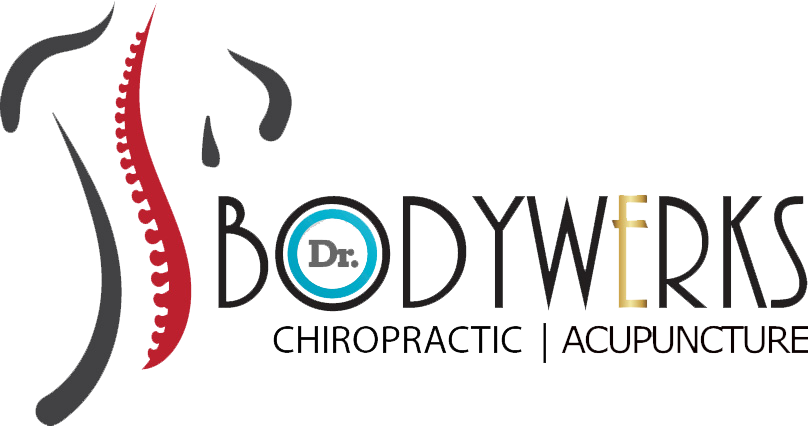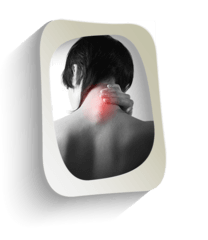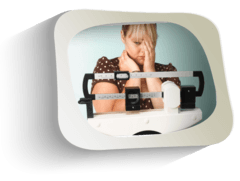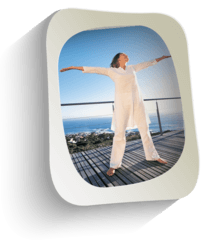ACUPUNCTURE
ACUPUNCTURE INVOLVES THE INSERTION OF FINE NEEDLES INTO SPECIFIC POINTS IN THE BODY.
Those afraid of needles should not be put off as the needles are very thin and it doesn’t hurt in the same way as an injection. These points are situated mainly on ‘meridians’: lines linked to various organs and systems of the body (e.g. lung, spleen, kidney). An acupuncturist who works along a Traditional Chinese Medicine (TCM) framework will diagnose an imbalance in these functions through a thorough holistic examination.For the acupuncturist, health depends on the balance of these elements. It can be hard to imagine these lines and points being more than fantasy, but they can be clearly detected by a change in skin resistance to electricity.
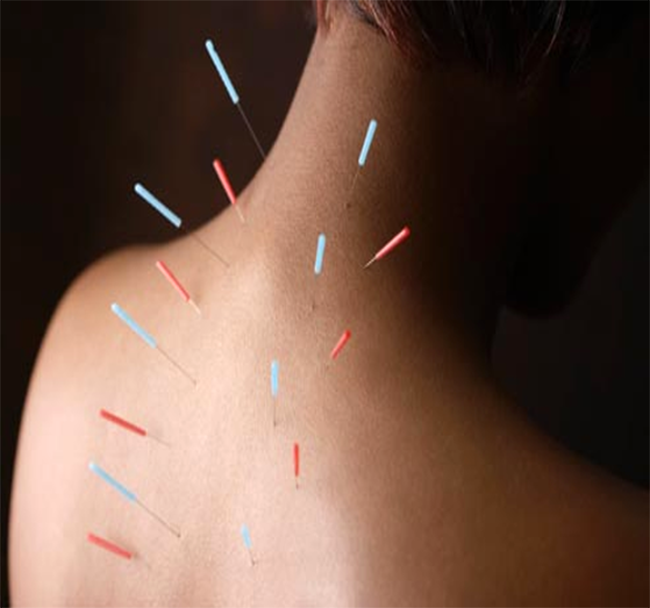
Pain due to peripheral neuropathy, or any of the musculoskeletal problems, responds well in the majority of cases in our experience. It is important that the doctor specifies the reason and source of the problem so that you get the right kind of technique for inserting and manipulating needles into “energy points” on the body. According to acupunctural teachings this will restore health and well-being.
Acupuncture treats the human body as a whole that involves several “systems of function” that are in many cases associated with physical organs.
HOW DOES ACUPUNCTURE WORK?
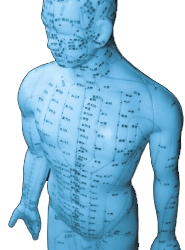
According to classical theory, acupuncture works by removing the obstructions in the energy channels, or meridians, in the body. Like rivers of energy, these meridians flow along regular pathways to irrigate and nourish the body’s organs and tissues. An obstruction in the movement of these rivers is like a dam that backs up the natural flow of energy, causing an imbalance that manifests as sickness and pain. By inserting needles and stimulating acupuncture points, an acupuncturist removes these dams and restores the natural balance and smooth flow of energy throughout the body.
In contrast to the classical theory, modern science proposes that needling acupuncture points stimulates the nervous system to release biochemicals, such as endorphins, immune system cells, and neurotransmitters, in the muscles, spinal cord, and brain. In addition to killing pain, these chemicals can influence the internal regulating system of the body and affect involuntary bodily functions such as blood flow, immune reactions, body temperature, and digestion.
Is it safe?
When administered by a licensed practitioner, acupuncture is a very safe form of therapy. Licensed Acupuncturists are trained and certified in Clean Needle Technique, which requires the adherence to strict safety guidelines, such as the use of sterile, disposable needles, to minimize the risk of infection.
What can acupuncture treat?
According to the National Institute of Health (NIH) and the World Health Organization (WHO), acupuncture has been proven effective in the treatment of a wide variety of medical conditions, ranging from pain problems, to addictions, to emotional disorders.
To view a list of conditions we commonly treat, please see our Conditions Treated below.
What can I expect during my acupuncture visit?
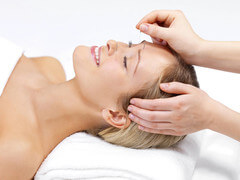
During a typical first visit, your acupuncturist will take a detailed health history, fully investigate your chief complaint, perform a physical exam, and determine a diagnosis for you. From this, a treatment plan is designed and administered. This plan may include acupuncture as well as adjunctive techniques, such as cupping, massage, electro stimulation, gua sha, or heat therapy, if necessary. This may take 60 to 75 minutes but is necessary to create an individualized treatment plan that addresses your unique health condition while focusing on your main concern. Treatments during subsequent visits will be adapted to your progress and will generally last between 30 to 45 minutes.
How many treatments will I need and how often will I need them?
The number of treatments needed varies from person to person. Some people experience significant improvement after one or two treatments, while others may take weeks or months to achieve lasting results. Chronic conditions generally take longer to resolve than acute ones, and the longer a patient has had a condition, the longer it usually takes to resolve. Other factors that influence the number of treatments needed include the severity of the problem and the patient’s lifestyle, overall health, and constitution.
Your acupuncturist should be able to give you an idea of how many treatments will be needed after he or she becomes familiar with your unique situation and needs. He or she may suggest two or three treatments per week during the initial phases of treatment, and then less frequent treatments as the condition improves.
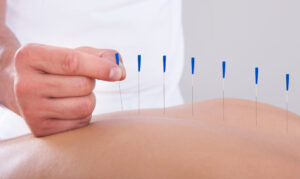
SINCE ACUPUNCTURE IS A DISCIPLINE OF ITS OWN THE APPLICATIONS ARE LIMITLESS-FROM PAIN CONTROL TO WEIGHT LOSS. SEE BELLOW A LIST OF THE CONDITIONS ACUPUNCTURE CAN HELP…
CARDIOVASCULAR DISORDERS
- Hypertension
ENDOCRINE
- Chronic fatigue
- Diabetes
- Head/Face Disorders
- Meniere’s Disease
- Headache/migraines
- TMJ
- Trigeminal Neuralgia
- Dental pain
NEUROLOGICAL
- Multiple Sclerosis
- Shingles
- Thoracic Outlet Carpal Tunnel
- Post stroke paralysis
UROGENITAL
- Incontinence
- Bed wetting
- Bladder dysfunction
SKIN CONDITIONS
- Sagging Skin
- Rosacea
- Eczema
- Psoriasis
- Acne
OTHER
- General well-being
- Cellulite Reduction
- Non-surgical face lift
- Stop smoking
- …and more
MUSCULOSKELETAL
- Back pain
- Low back pain/sciatica
- Neck pain
- Joint/limb pain
- Shoulder pain
- Hip Pain
- Osteoarthritis
- Rheumatoid arthritis
- Repetitive stress injuries
- Sports injuries
- Scoliosis
- Muscle Spasms
- Numbness and Tingling
MENTAL/EMOTIONAL
- Anxiety
- Stress
- Depression
- Insomnia/sleep disturbance
- Dizziness
- Energy
GYNECOLOGY
- Irregular/painful menstruation
- PMS
- Menopause
- Female issues Infertility
- Morning sickness
- Malposition of the fetus
- breech presentation
RESPIRATORY
- Bronchial asthma
- Allergic rhinitis
- Bronchitis
- Common cold
- Cough
- Sinusitis
DIGESTION CONSTIPATION/DIARRHEA
- Irritable Bowel Syndrome
- Acid reflux
- heartburn & indigestion

Chinese acupuncture is finally getting under the skin of dieters by tapping into the body’s many hidden energy meridians. The ancient practice of acupuncture helps to heal a host of ailments, and practitioners of Western medicine now embrace it to quell chronic pain, postoperative pain, nausea and vomiting, high blood pressure, addictions and weight loss. When fine needles are barely inserted into the skin along strategic points on the body it can restore balance to the flow of energy along rivers of Qi (pronounced chee), or life force. There are many reasons people become overweight – hormone imbalances, slowed metabolism, overeating, poor nutrition and lack of exercise are some of the most common. Using acupuncture to tackle weight loss is a multi-pronged approach. Pinning Down the Benefits The rationale for using acupuncture for weight control is based in the premise that weight gain could be the result of disturbed energy flow to and from the regulating center of the brain, called the hypothalamus. The hypothalamus is responsible for maintaining “homeostasis” or functional balance that allows the body to run like a finely tuned instrument. It is the body’s dispatch center that regulates hormones and neurochemicals, and helps to control body temperature, circadian rhythm, thirst and hunger. Of particular interest is the ability of acupuncture to influence obesity hormones.
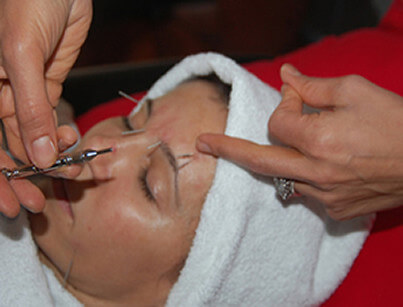
Research measuring the effectiveness of acupuncture for weight loss found treatments increased ghrelin, a hormone that controls meal initiation and decreased leptin, the hormone that regulates fat storage and metabolism. The guiding principal is that acupuncture can power up any other weight control strategy by curbing appetite, quelling cravings, boosting metabolism, improving digestion, regulating obesity-related hormones and enhancing the way nutrients are used. It also strengthens the function of the liver, the organ that produces many chemicals critical for digestion, processing nutrients and breaking down of fats. Acupuncture may also increase tone in the smooth muscle of the stomach to help people know that they are full. Complete a full course of treatment – Acupuncture for weight loss is best achieved with number of treatments delivered over a few weeks. Follow a comprehensive weight-loss plan – Acupuncture can be more beneficial when used alongside a comprehensive weight-loss plan, like the Dr. Monica® Weight Loss Program.
ARTICLES
Listed below are some informative articles about acupuncture and the conditions it treats. We encourage you to check back often as this page will be frequently updated.
Acupuncture Relieves Symptoms of Fibromyalgia
Mayo Clinic Study
Acupuncture Provides Long-term Relief of Low Back Pain
Acupuncture Today article by Michael Devitt
Acupuncture Relieves Pain and Improves Function in Knee Osteoarthritis
National Institute of Health
Scientists Seek Clues for Acupuncture’s Success
WebMD Feature by Jeanie Lerche Davis
Acupuncture Provides Significant Benefits for Migraine Patients
Acupuncture Today article by Michael Devitt
Auricular Acupuncture Effective in Treating Anxiety
Acupuncture Today article by Editorial Staff
Arthritis: Acupuncture
WebMD Rheumatoid Arthritis Guide
Acupuncture Pins Down Allergy Relief
Fox News article by Dr. Manny Alverez
Acupuncture Beats Drug to Treat Hot Flashes
Reuters article by William Dunham
Acupuncture Beats Aspirin for Chronic Headaches
Reuters article
Acupuncture for In-vitro Fertilization
WebMD article by Amanda Hitti
Acupuncture for Arthritis
WebMD article
Acupuncture: A Cure for Infertility?
FoxNews article by Catherine Donalson-Evans
The Ancient Art of Infertility Treatment
WebMD article by Collette Bouchez
Can Acupuncture Help You Conceive?
CBX News article by Raksha Shetty
Acupuncture May Ease Chronic Back Pain
WebMD article by Kathleen Doheeny
Links/Resources
SelfGrowth.com
SelfGrowth.com is a guide to information about Self Improvement, Personal Growth and Self Help on the Internet. It is designed to be an organized directory, with articles and references to thousands of other Web Sites on the World Wide Web.
Body Mind Spirit Directory
National Directory of services for holistic health, natural living, conscious living, and green resources.
